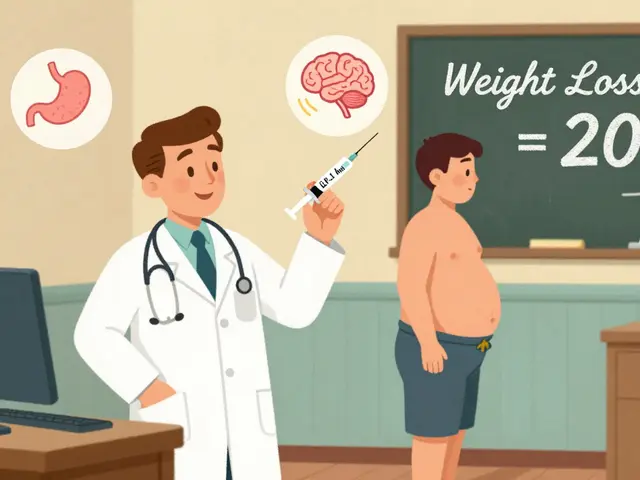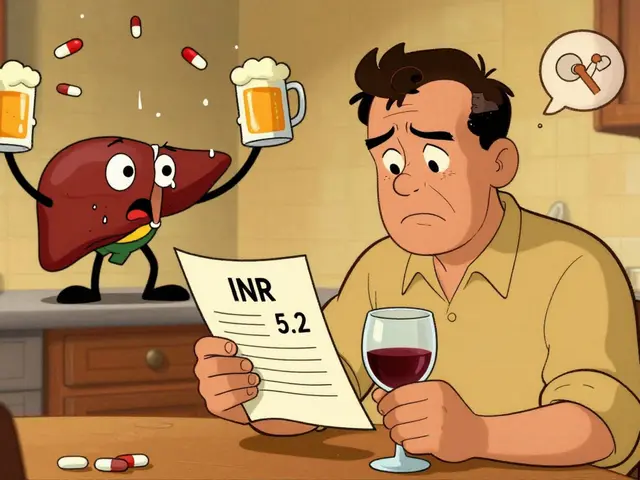Cardiology Drug Guides: Dosage, Interactions, and Treatment Strategies
When heart health meets medication, the details matter. A small change in dose or a hidden interaction can tip the balance between control and danger. That’s why we bring you straight‑forward, evidence‑backed guides you can act on right now.
How to Pick the Right Atorvastatin Dose
Atorvastatin is one of the most prescribed statins for lowering LDL cholesterol. The big question most patients face is: "How much should I take?" The answer depends on your current cholesterol level, your risk for heart disease, and how your liver handles the drug. Low‑intensity therapy (10‑20 mg) works for people with modest LDL elevation and low cardiovascular risk. Moderate‑intensity (20‑40 mg) is the sweet spot for most patients who need a 30‑50 % drop in LDL. If you fall into a high‑risk category—recent heart attack, diabetes, or a strong family history—high‑intensity (40‑80 mg) may be recommended.
Before you start, ask your doctor to check your liver enzymes and baseline LDL. After a few weeks, a repeat lipid panel tells you if the dose hit the target. If not, your clinician can either bump the dose or switch to another statin. Remember, more isn’t always better; higher doses increase the chance of muscle aches and liver issues. Keep a symptom log and report any unexplained soreness.
Obesity’s Impact on Clopidogrel Effectiveness
Clopidogrel is a common antiplatelet drug used after stents or heart attacks. Recent data shows that obesity can blunt its anti‑platelet effect, leaving some patients under‑protected. The culprit is altered drug metabolism—excess fat tissue changes the activity of the CYP2C19 enzyme that activates clopidogrel.
If you have a BMI over 30, your doctor might consider a platelet function test to see how well clopidogrel is working. In many cases, switching to a more potent agent like ticagrelor (which doesn’t rely on CYP2C19) restores protection. The switch isn’t automatic; clinicians weigh bleeding risk, cost, and individual tolerance.
Practical steps: ask for a platelet reactivity test if you’re obese and on clopidogrel, discuss alternative meds, and keep your weight under control through diet and exercise. Even modest weight loss can improve drug response.
Our cardiology hub gathers these key insights in one place, so you don’t have to hunt through dense journal articles. Each guide is backed by the latest clinical research and broken down into real‑world actions you can take today. Whether you’re starting a new statin, reviewing your antiplatelet plan, or just curious about how your weight influences drug performance, we’ve got the facts you need.
Ready to dive deeper? Browse our full list of cardiology articles for more dosing charts, interaction tables, and condition‑specific recommendations. Knowledge is the first step toward better heart health—let’s make it simple and useful.
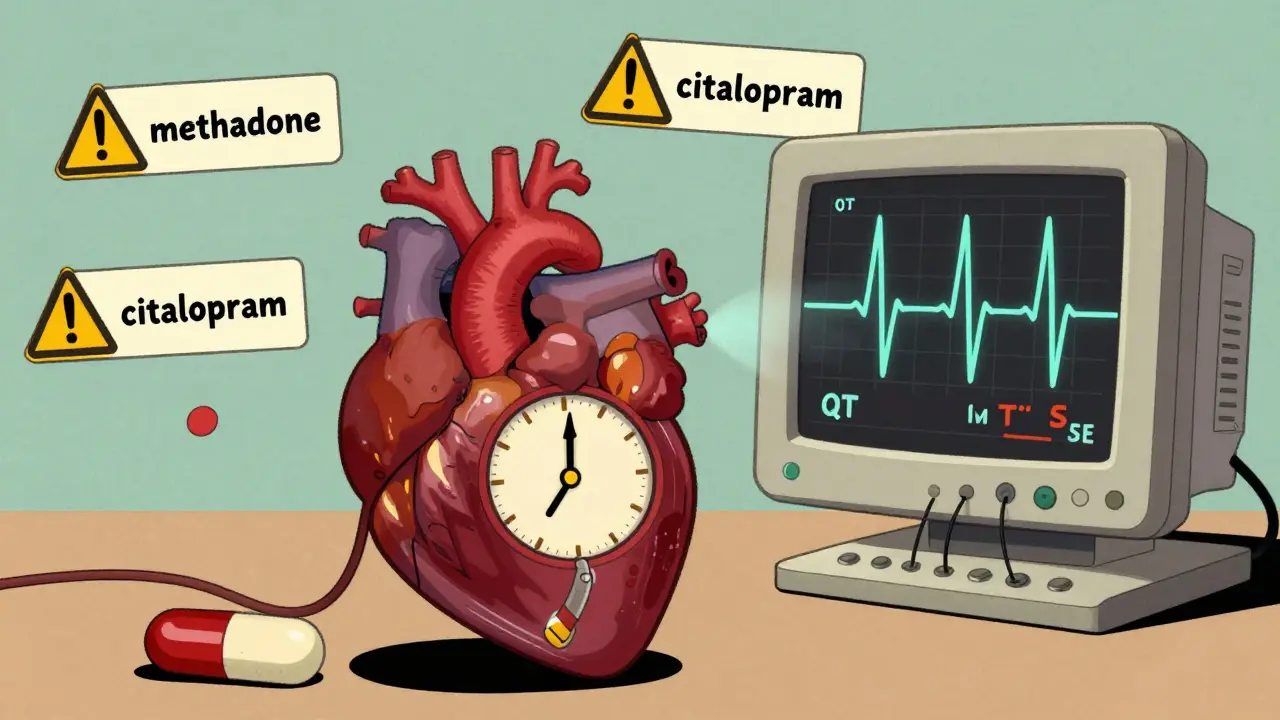
Methadone and QT-Prolonging Drugs: What You Need to Know About the Arrhythmia Risk
- By : Tamsin Riverton
- Date : Jan 27 2026
Methadone can dangerously prolong the QT interval, especially when combined with other medications. Learn which drugs increase the risk of life-threatening arrhythmias and how to stay safe on treatment.
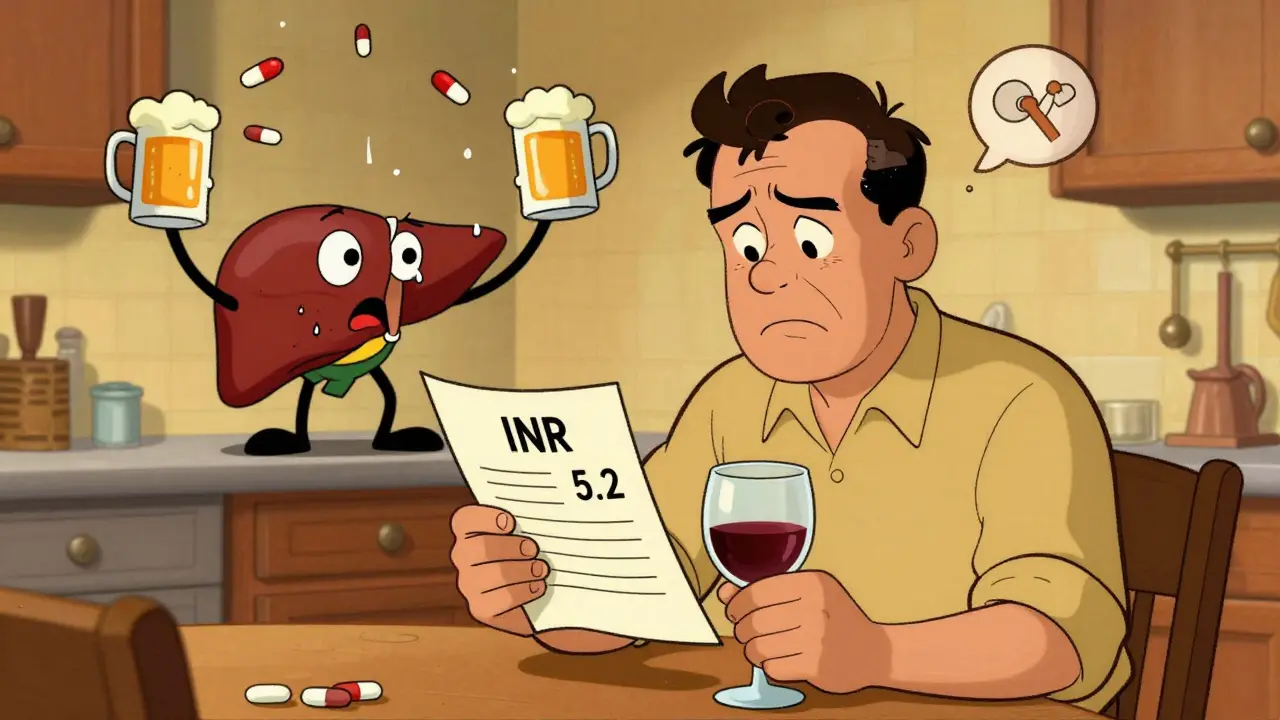
Alcohol and Blood Thinners: Understanding Bleeding Risk and INR Fluctuations
- By : Tamsin Riverton
- Date : Jan 12 2026
Alcohol can cause dangerous INR fluctuations in people taking warfarin, increasing bleeding risk. Learn how much is safe, what signs to watch for, and why genetics and drinking patterns matter.

Heart Attack Warning Signs: Recognizing Symptoms and Seeking Emergency Care
- By : Tamsin Riverton
- Date : Jan 5 2026
Heart attack symptoms aren't always chest pain. Women, older adults, and people with diabetes often experience subtle signs like fatigue, nausea, or jaw pain. Acting fast can cut death risk by half. Know the signs, call 999 immediately.
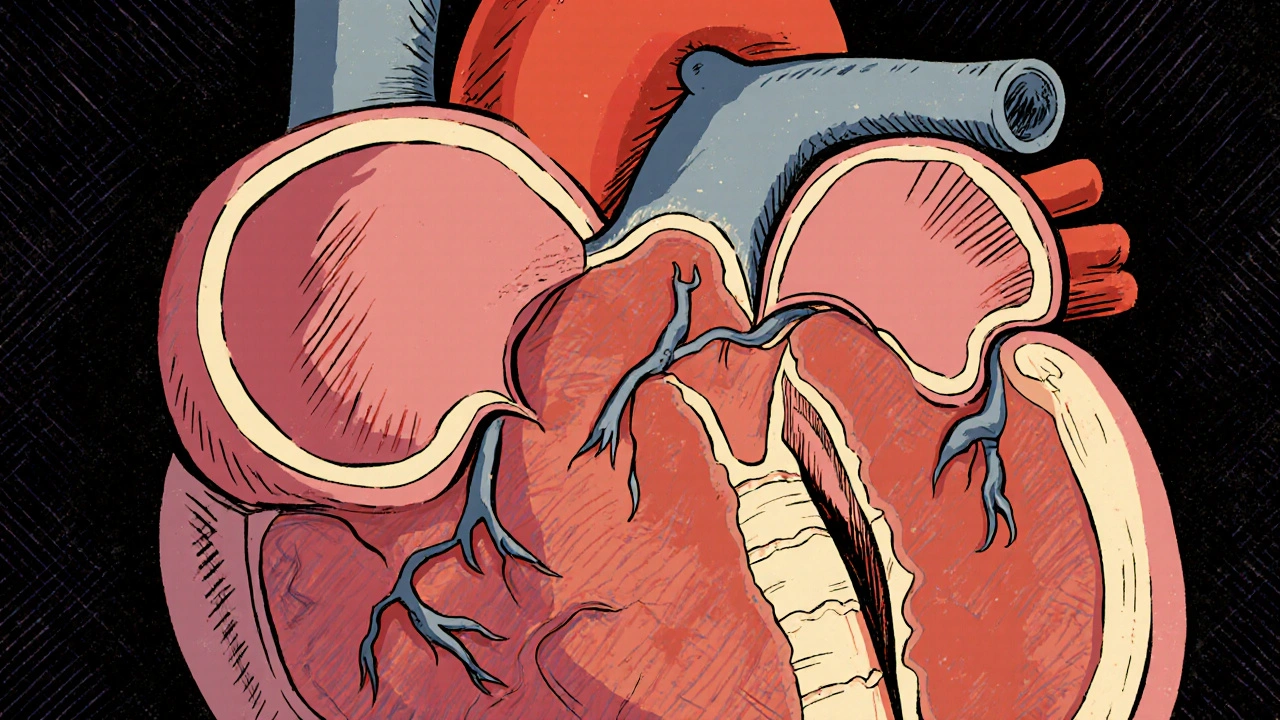
Hypertrophic Subaortic Stenosis & Heart Failure: Essential Facts & Management
- By : Tamsin Riverton
- Date : Oct 19 2025
Learn what hypertrophic subaortic stenosis is, how it can cause heart failure, how it's diagnosed, and the best treatment options to manage symptoms and improve outcomes.

Pulmonary Embolism in Athletes: Risks, Prevention & Recovery Guide
- By : Tamsin Riverton
- Date : Oct 15 2025
Learn how pulmonary embolism can affect athletes, the key risk factors, how to prevent it, and the steps to recover and safely return to sport.

Atorvastatin Dosage Guide: How to Choose the Right Dose for Your Cholesterol
- By : Tamsin Riverton
- Date : Sep 16 2025
A practical, evidence-backed guide to choosing the right atorvastatin dose-who should start where, how to adjust, what labs to check, and how to avoid common pitfalls.
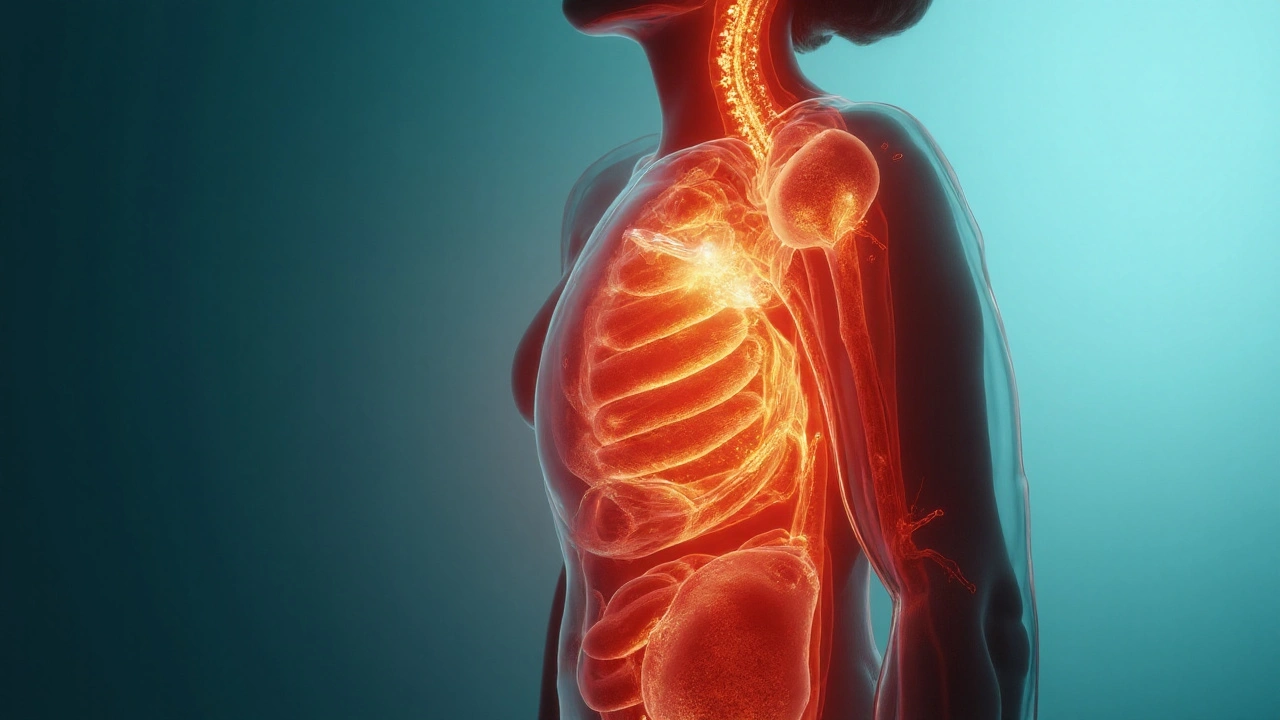
Obesity and Clopidogrel Effectiveness: What Changes, What the Evidence Shows, and What To Do
- By : Tamsin Riverton
- Date : Sep 1 2025
Does obesity blunt clopidogrel? Clear, evidence-backed guide on mechanisms, outcomes, testing, and smarter antiplatelet choices in 2025.


